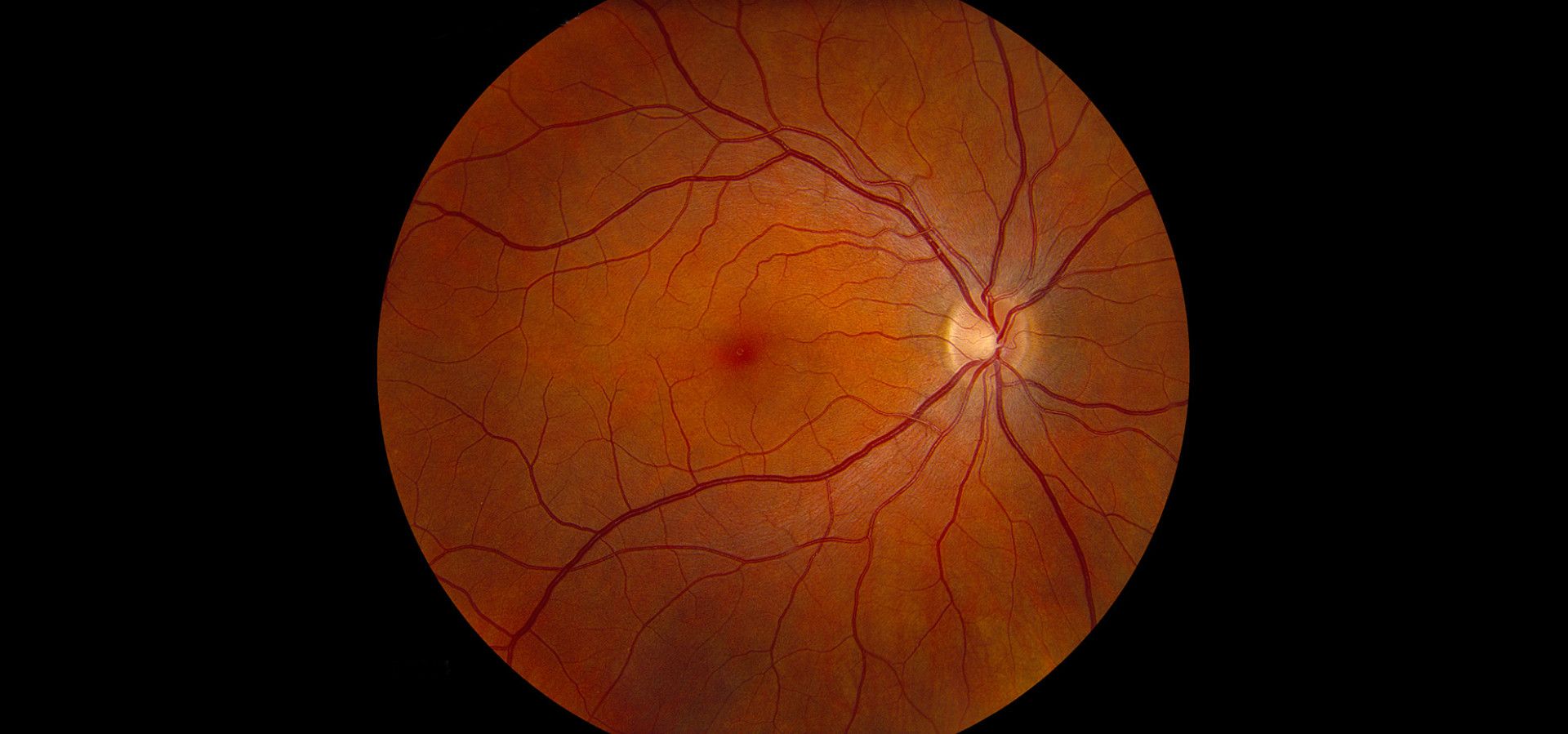Primary Health Insurance:
BlueCross BlueShield
United Health Care
Humana
Cigna
North Mississippi Acclaim
Medicare
Medicaid

Make an appointment today. Your future suddenly became a whole lot clearer.

If you suffer from Dry Eye Disease, also know as Meibomian Glad Dysfunction (MGD), LipiFlow may be the optimal treatment to ensure long-term eye health and to alleviate Dry Eye and MGD symptoms for you.
Get help from a team you trust and like
Primary Eye Care is a privately owned eye clinic in Tupelo, MS. We specialize in primary medical eye care for all ages including routine eye exams, glasses, and contacts. We’ve been treating patients in the Tupelo/North Mississippi area for over 25 years and we look forward to 25 more.
Experienced, Qualified and Friendly
A trip to the eye doctor should be an informative and satisfying experience. We will do everything we can from first contact to make sure your every concern is addressed.

Dr. Kea has been practicing in North Mississippi for over 25 years and has called Tupelo home since 1993. Dr. Kea received a Bachelor of Arts in Biology from the University of Mississippi in 1988 prior to earning his Doctor of Optometry (OD) at Southern College of Optometry in 1992. Dr. Kea directed diabetic and primary eye care services at the Choctaw Medical Center in Philadelphia, MS for over 20 years where he currently remains on staff. He has vast experience in diabetic eye care, glaucoma, dry eye management, and refractive surgery (LASIK). Dr. Kea holds certifications in Advanced Laser and Surgical Procedures for the Anterior Segment from Northeastern State College of Optometry and is Board Certified by the American Board of Certification in Medical Optometry (ABCMO). He is a member of the American Optometric Association, the Mississippi Optometric Association, and is currently a candidate for fellowship in the American Academy of Optometry.
Request an appointment with this form to schedule a time with our professional staff!